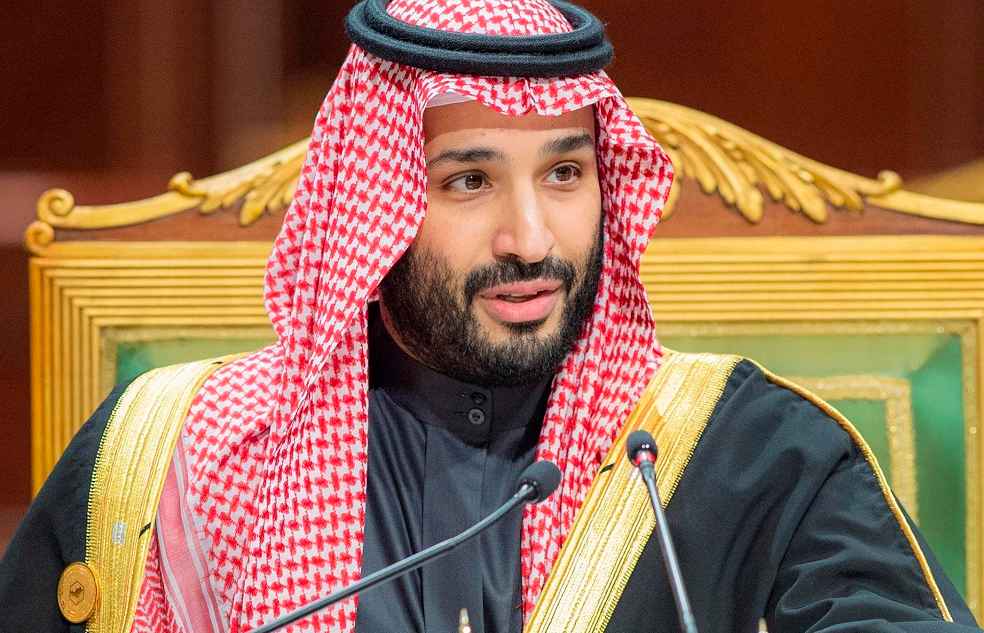Saudi Arabia and Kazakhstan made headway in the global energy landscape by inking a memorandum of understanding (MoU) on Monday. The agreement seeks to enhance cooperation across an array of energy-related areas, paving the way for the two nations to embark on a new era of economic partnership.
The meeting that culminated in this major alliance took place in Riyadh, where Saudi Arabia’s Minister of Energy, Prince Abdulaziz bin Salman, convened with his Kazakhstan counterpart, Almasadam Satkaliyev. The objective was to strategize on how best to leverage their countries’ collective energy resources and expertise.

Key points of the agreement encompass not only petroleum, gas, refining, and petrochemicals, but also broader sectors like electricity, renewable energy, clean hydrogen, and energy efficiency. The deal further extends to storage, development, and the deployment of cutting-edge circular carbon economy technologies, all aimed at mitigating the impacts of climate change.
One of the essential components of the agreement is the mutual commitment to develop a circular carbon economy. This revolutionary approach focuses on harnessing and recycling carbon emissions instead of merely trying to reduce them, thereby promoting sustainability and helping to combat climate change more effectively.
Another vital aspect of the MoU pertains to the localization of materials, products, and services across all energy sectors, supply chains, and technologies. Both nations plan to work together to accelerate the deployment of innovative applications of hydrocarbons across various sectors.

In a nod to the digital age, the agreement also underscores the importance of areas related to digital transformation, innovation, cybersecurity, and artificial intelligence within the energy sector. The two nations will collaborate to improve their cybersecurity measures and leverage artificial intelligence to optimize their energy use.
This ambitious alliance between Saudi Arabia and Kazakhstan not only charts a new course for their bilateral ties but also sets a benchmark for international energy cooperation. As the global energy landscape continues to evolve, partnerships like these play a pivotal role in driving sustainable growth and economic stability.
GLOBAL ROUNDUP: U.S. Industries Call for Tariff Protection in China Trade War: What’s the Cost?



